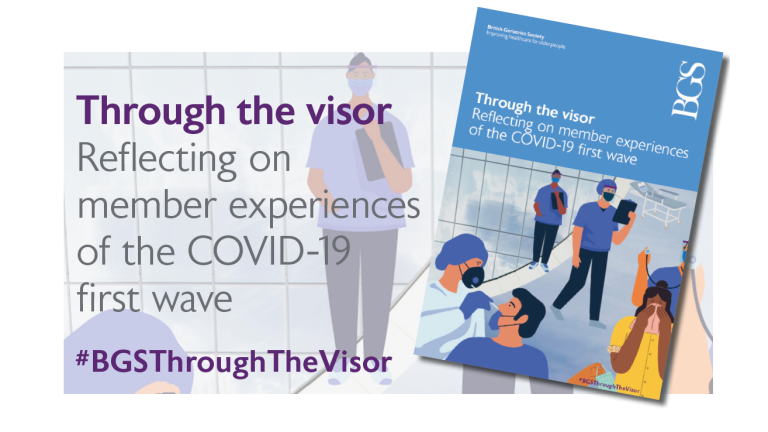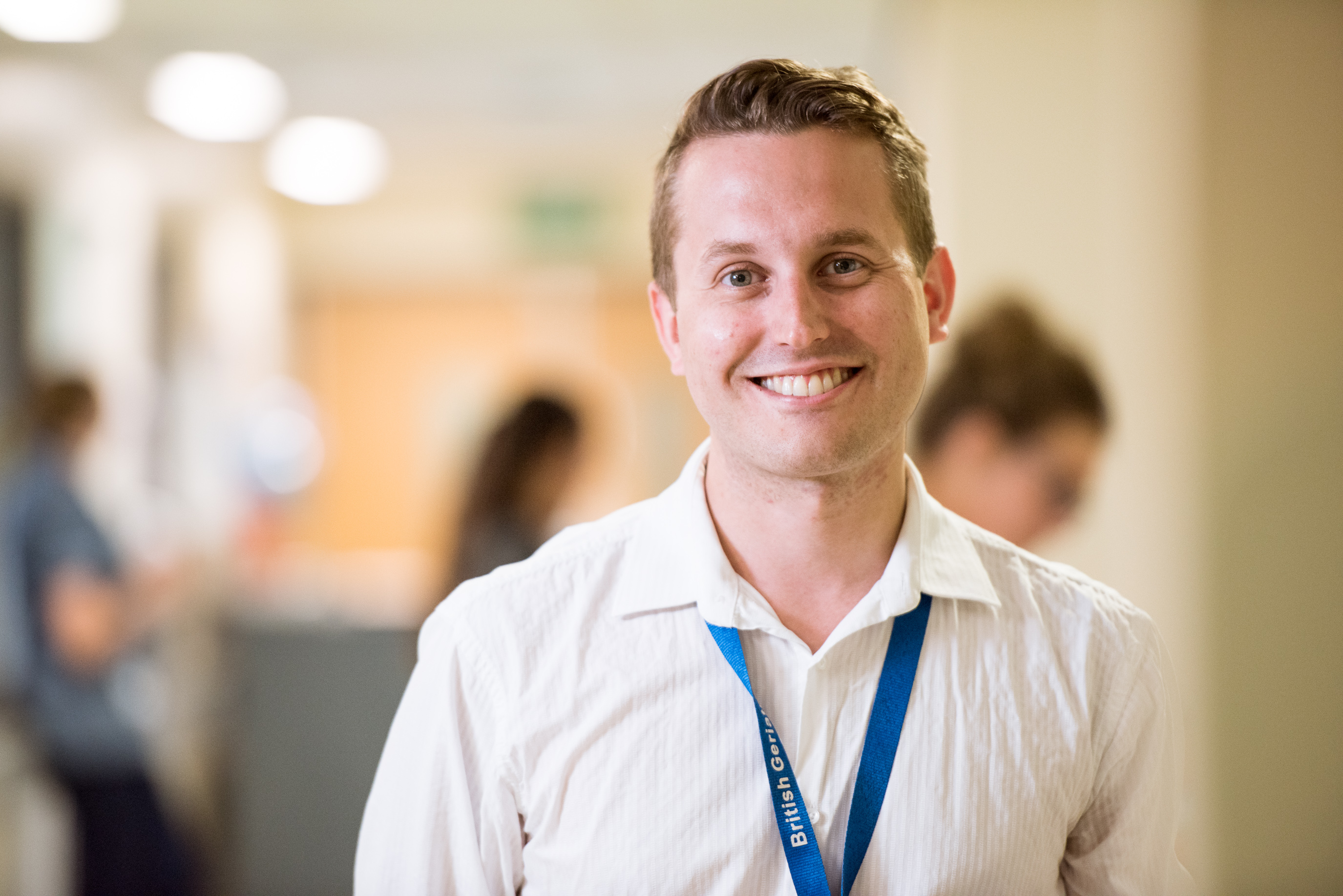The British Geriatrics Society (BGS) has published a report from a survey of its members describing the experiences of working through the first wave of the COVID-19 pandemic. With respondents representing over twenty different professions working in acute, community and primary care, it is believed to be the only survey capturing the full breadth of multidisciplinary health professionals’ experiences caring for older people across the four nations.
The COVID-19 pandemic has disproportionately affected older people with 90% of deaths from COVID occurring in those aged over 65. It should therefore come as no surprise that BGS members – geriatricians, GPs, nurses, allied health professionals, care home staff and other healthcare professionals working with older people – have been among those most involved in the treatment of people with COVID, both in hospitals and in the community.
BGS members reflected on the practical elements of managing the pandemic, including variable access to personal protective equipment (PPE) and testing for staff and patients and the confusion caused by constantly changing guidance. Concern about the impact of COVID-19 in care homes was a source of anxiety, and the implication that discharge from hospitals to care homes early in the pandemic without negative COVID tests contributed to outbreaks.
More than three quarters (77%) of respondents stated that they had had a change in their job plan or rota due to the pandemic. This took the form of increased out-of-hours work, cancellation of scheduled clinics and treating all adults as opposed to older adults only. While some volunteered for these changes, others had them imposed and it will be important to ensure that regular rotas are restored as quickly as possible. Concerns about future careers were also expressed with many trainees describing a lack of training opportunities over the past year.
The impact of the pandemic on BGS members’ mental and emotional wellbeing was a key theme to come out of the survey. A high proportion of respondents (86%) reported elevated levels of stress and many shared similar experiences of the psychological challenge of dealing with so many deaths. The inability to escape as society was overwhelmed by the effects of the pandemic and the lockdown was a unifying narrative. The impact of the pandemic on the families of healthcare professionals caring for older people was also obvious with many respondents describing the pressure caused by juggling childcare and homeschooling during lockdown, worrying about contracting COVID, financial and other family wellbeing concerns.
The BGS will be repeating this survey in Spring 2021 to assess how members have coped with the second wave of the pandemic.
Dr Jennifer Burns, BGS President, commented:
The experience of working through a pandemic that has disproportionately affected older people has had a significant toll on the wellbeing of BGS members. It will be important over the coming months and years for Governments, the NHS and social care organisations to take sustained action to address the mental health needs of the workforce or we run the real risk of a mass exodus of healthcare professionals. BGS members have gone above and beyond for their patients during this pandemic and the sacrifices that they and their families have made are evident. It is vital that once the pandemic is over, they are supported to rest and recover.”
Dr Claire Copeland, BGS Vice President for Workforce, commented:
Healthcare professionals working with and caring for older people have had an exceptionally tough year. So many have stepped up with great commitment to respond to older people’s needs in this crisis situation. In addition to the emotional impact of the pandemic, many have seen changes to their careers and training opportunities. It is essential that appropriate education, training and recruitment are put back in place to ensure the workforce are equipped to care for our ageing population.”
Read the report here.



